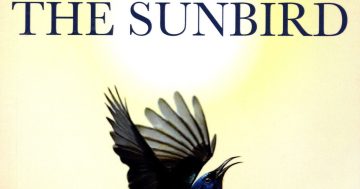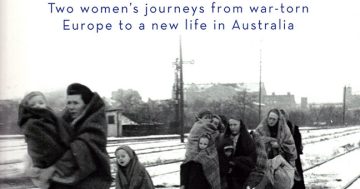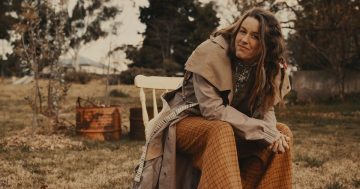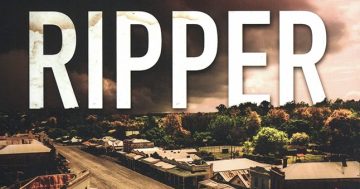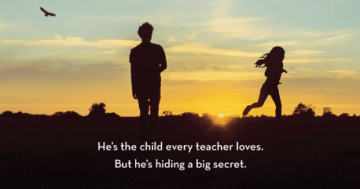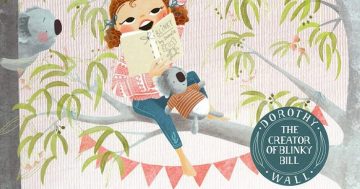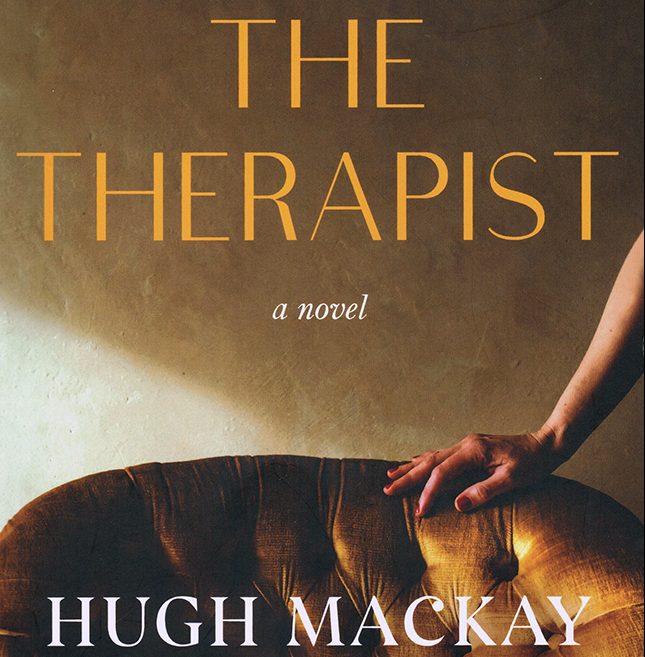
Hugh Mackay’s The Therapist explores difficult territory with gentleness and sensitivity. Photo: Supplied.
Hugh Mackay’s The Therapist (Allen & Unwin, Australia, 2023; cover design Mika Tahata) is a sensitive, gently humorous and sometimes dark excursion into the field of human relationships.
It’s written with the fluidity we have come to expect from this author. Its characters so cleverly constructed, we feel we know them well and with a carpet of secrets and lies to carry the reader eagerly to the climactic revelations and the breath of relief denouement.
Martha Elliott is a psychotherapist, some of whose methods are perhaps questionable within the profession’s code of ethics but which seem to bring about positive results for her clients.
Alas, she has committed some personal indiscretions in the past and these come to bite in the present day of the story. Can our histories be forever buried? Apparently not.
Rob Nielsen, her partner in the practice, is a wise and helpful friend and confidante but he too has his emotional weaknesses. A long-standing on-and-off relationship with the fickle and controlling Constancia brings him constant grief.
Then there are the clients whose lives we share through their therapy sessions, but I won’t go into the intricacies of plot for fear of spoiling things for the reader.
This is a study in society and our human need to love and to be loved, to nurture, to procreate and to connect with others. Philosophically it asks whether complete transparency will deliver complete intimacy – such a delicious exploration.

Murrumbateman author Robyn Cadwallader’s new novel. Photo: Supplied.
Set in the tempestuous world of 13th century England, Robyn Cadwallader’s The Fire and the Rose (Fourth Estate, an imprint of HarperCollinsPublishers, Australia, 2023; cover design Sandy Cull, gogo gingko) is also a love story told within a bigger picture of politics and society.
The forbidden love between a Jew and a Christian is but one strand of this powerful tale of the ugliness of human behaviour, of the way we treat ‘the other’, of the wielding of cruel power by the wealthy, the rapacious and the privileged.
It is also a study of the status of women – it’s mediaeval history but it raises the question in the reader of how much we can say has changed. This was a time when people could be regarded as property.
Eleanor, a young woman who has been taught to read and write by a nun and other clerics, wants to work as a scribe at a time it was frowned upon for women to have any profession outside of the home and church.
Through the man she falls in love with, Asher, we follow the lot of the Jews, invited to England by William the Conqueror and then subjected to successive waves of pogroms and brutality. They suffered at the hands of the powerful but equally from the prejudice of the ‘common people’.
This superbly written and faultlessly crafted novel is a big read, an articulate and moving demonstration of the way we repeat our sad histories. But it is as much a story of hope in the capacity of the exceptional human individual to endure and overcome the greatest of obstacles to freedom of thought.
Alan J. Jones continues his exploration of the history of the region of his birth and boyhood in his monograph The Clives of Sandyford Staffordshire (self-published and designed, Australia, 2023). His extensive research and keen interest in this type of history provides the reader with insight into interesting aspects of British society between 1867 and 1908.
The Clive family will be known to most through the deeds of Clive of India, but there is much more to tell about their role in the pottery, mining and industrial design industries of the time.
Insights into the lives of the everyday persons of our history are the stuff of the grassroots history-telling movement and this book fits squarely in that realm. Mysteries and deliberate hiding of ‘the truth’ make the researcher’s quest a tantalising one.
Barbie Robinson is co-founder and a content creator for Living Arts Canberra, a not-for-profit media outfit supporting arts and community in the Canberra region and books worldwide through its website, podcast interviews and a 24/7 internet radio station at livingartscanberra.com.au.












